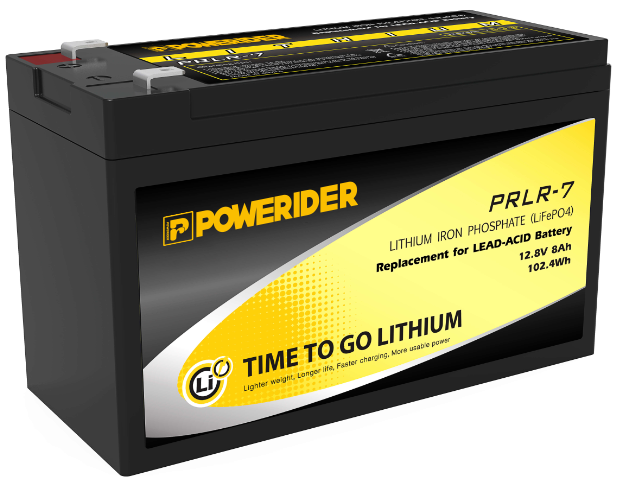
Privacy statement: Your privacy is very important to Us. Our company promises not to disclose your personal information to any external company with out your explicit permission.
A major breakthrough in electrolyte chemistry has been published in the latest issue of the journal Science: for the first time, US scientists have used liquefied gas instead of electrolyte to enable Lithium Batteries and supercapacitors to operate efficiently at -60°C and -80°C respectively. This new technology not only increases the range of single-charge electric vehicles in the cold winter months, but also powers drones, satellites and interstellar probes at high altitudes and in cold environments.
It is widely recognised in the scientific community that electrolytes are the biggest bottleneck in improving the performance of energy storage devices. Liquid electrolytes have hit the limits of research and many scientists are now focusing their attention on solid electrolytes. But Professor Ying Meng, director of the Centre for Sustainable Power and Energy and the Energy Storage and Conversion Laboratory at the University of California, Yaga Division, has led a team to investigate gaseous electrolytes and has made a breakthrough. These gaseous electrolytes can be liquefied under certain pressures and are much less likely to freeze.

In the new research, they selected two liquefied gases - fluoromethane and difluoromethane - from a large number of gas candidates to make electrolytes for LiFePO4 Battery and supercapacitors respectively, extending the minimum operating temperature of Lithium Iron Phosphate Battery from - 20°C. At -60°C, the operating temperature of supercapacitors was extended from -40°C to -80°C. In addition, these electrolytes remain highly efficient when normal room temperature is restored.
In addition to setting a record for low temperature operation, these gaseous electrolytes provide an additional safety advantage by overcoming the problem of thermal runaway, which is common in lithium batteries. Thermal runaway is a vicious cycle of heat in a battery. When the battery is operating, the temperature rises and a series of chemical reactions are initiated. The heat generated by these reactions in turn causes the cell to become hotter, the cell expands and is destroyed. However, when the gaseous electrolyte is at a temperature above room temperature, it initiates a natural shutdown mechanism to stop the cell losing its conductivity and prevent it from overheating.
The latest research also overcomes another major challenge of the short charge and discharge life of lithium batteries. Lithium metal is considered the ultimate electrode material due to its light weight and ability to store more charge, but lithium reacts with conventional electrolytes, forming pinpoint protrusions on the electrode surface that separate cells and cause short circuits, resulting in too few charges and discharges. The new electrolyte does not form protrusions, greatly extending Maintenance Free Battery life.
The researchers say they will next achieve the goal of operating lithium batteries at lower temperatures (-100°C) and provide new energy supply technology for Mars exploration and even deep space exploration equipment such as Jupiter and Saturn.

Privacy statement: Your privacy is very important to Us. Our company promises not to disclose your personal information to any external company with out your explicit permission.

Fill in more information so that we can get in touch with you faster
Privacy statement: Your privacy is very important to Us. Our company promises not to disclose your personal information to any external company with out your explicit permission.